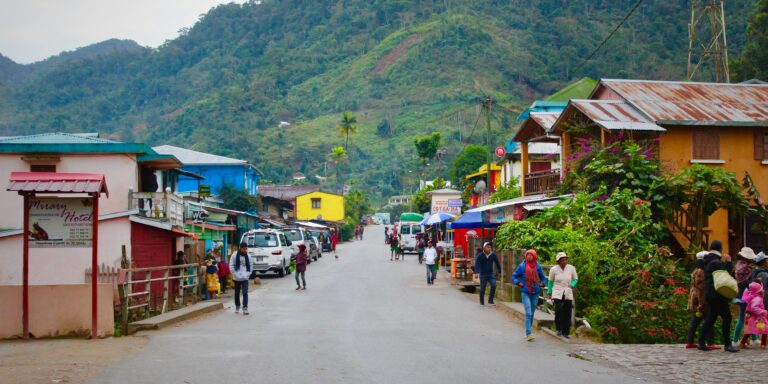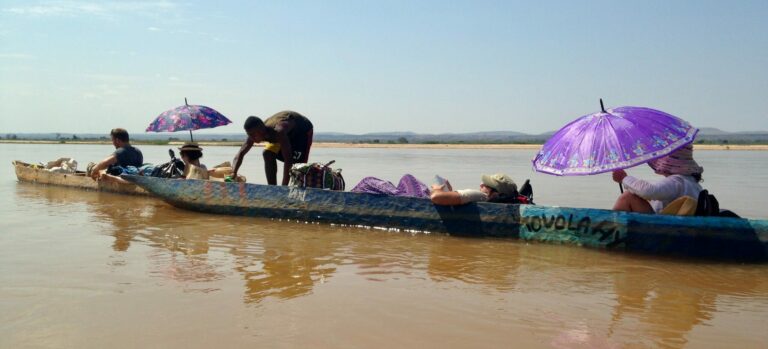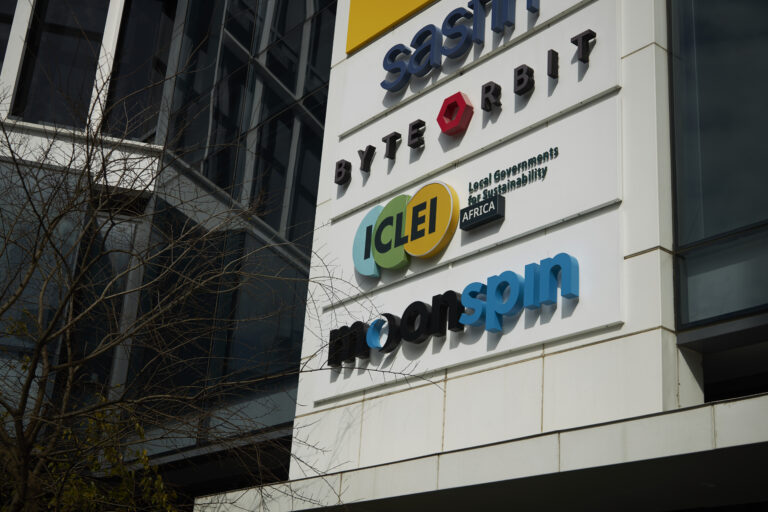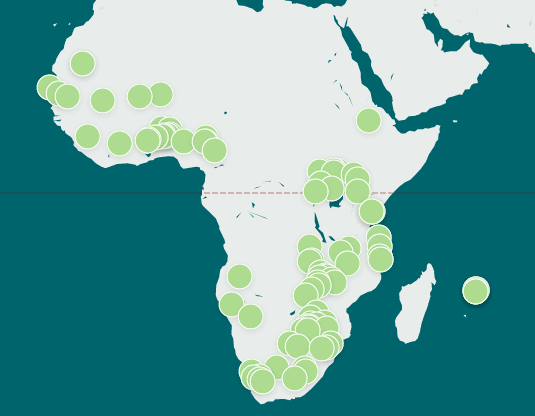
TWO DECADES OF ACTION
Africa is a truly diverse and multicultural continent, where historically as many as 2,100 different languages may have been spoken by its multiplicity of people.

Because of their home’s vast size, Africans face an equally diverse number of challenges, some of a global nature – such as finding appropriate mitigation and adaptation measures to counter human-induced climate change – and others specific to regions or smaller entities like cities, towns and villages, where local biodiversity loss, pollution, infrastructure deficiencies and similar problems may negatively impact the inhabitants’ well-being.
Such challenges are being tackled head-on through a rapidly growing network whose like-minded members speak a single common ‘language’ of sustainability and urban development as they seek to improve the quality of life for all Africans. This is ICLEI Africa, one of the regional offices of the international network ICLEI-Local Governments for Sustainability whose members are committed to building a sustainable future for people living in urban communities across the globe.
ICLEI’s clear focus on urban areas is not arbitrary: Earth is rapidly transforming into an “urban planet”, with estimates suggesting that some two-thirds of all humanity will be living in towns and cities by the middle of this century. The organisation’s vision is that of sustainable cities confronting the realities of urbanisation, adapting to economic and demographic trends, and preparing for the impacts of climate change and other urban challenges.
To achieve this, it works at uniting local and subnational governments within an effective and inclusive network, where its members can create positive change through collective learning, exchange and capacity building.

Established in 1990, ICLEI is today a vibrant organisation whose 1 000-plus members have indeed built an international network of cities and local governments, spread over 86 countries and collectively involving more than a quarter of the world’s population. All are committed to building a sustainable urban future and becoming sustainable, low-carbon, resilient, eco-mobile, biodiverse, resource efficient and productive, healthy and happy, with a green economy and smart infrastructure.
One of this global network’s nine regional secretariats is ICLEI-Africa that exercises its responsibility for managing ICLEI’s presence in sub-Saharan Africa from its Cape Town-based offices.

African cities have a long association with the organisation.


ICLEI Africa is governed by a regional executive committee consisting of five mayors of member cities – currently Addis Ababa (Ethiopia), Bulawayo (Zimbabwe), Bafut (Cameroon), Vacoas-Phoenix (Mauritius) and Monrovia (Liberia) – one of whom is selected to also represent Africa on the ICLEI council. Currently that global representative is the Mayor of Bafut, a small town of only about 80,000 inhabitants but highly symbolic because of its commitment to traditional culture, sustainability and biodiversity. It gained global prominence after featuring in naturalist Gerald Durrell’s popular 1954 book The Bafut Beagles.
ICLEI Africa’s Secretariat both contributes to, and taps into, the organisation’s international network of local government leaders and professional staff who share tools, strategies and good practices for promoting the overall goal of sustainable development through the 17 United Nations Sustainable Development Goals.
However, the Secretariat also lays emphasis on a few key work streams that have particular relevance to Africa and that resonate with the continent’s needs of promoting job creation and empowering women within a pro-poor socio-economic framework. These work streams are energy, climate change and resilience; water and sanitation; nature-based solutions and food security; sustainable infrastructure and integrated urban planning.


The first ICLEI Africa Secretariat was established in Harare, Zimbabwe in 1995, before moving to Joburg in 2001 and then to its current home in Cape Town in 2008. Although ICLEI Africa has had independent and self-funded offices since 2013, Brand pays tribute to their previous host cities, Johannesburg (2001-2006) and Cape Town (2008-2012), who generously hosted the offices in these earlier years.
Brand concedes that the first few weeks at her new job, which she took up in 2008 when the City of Cape Town hosted the office, were intimidating.
“It was an interesting time,” she says diplomatically. “We started as a very small team.” Being able to balance the needs of diverse members like cities such as Cape Town and Durban – big, modern, forward-thinking metropolitan cities – and the majority of other members who were smaller towns or cities like Fongo-Tongo in Cameroon or Chinhoyi in Zimbabwe with their very different needs and goals, was challenging. “But it was also very enriching, being right at the cutting-edge. Working at the local level with such a diverse group of inspiring city leaders and officials who are tackling some of the hardest issues facing our planet today, demands high levels of innovation and energy, but it’s extremely rewarding,”
Brand adds..
Fast-forward a decade and that early iteration of the regional branch of the organisation is unrecognisable. ICLEI Africa is now active in projects in 126 cities and has a growing membership base of more than 100 cities from 22 countries in sub-Saharan Africa. This nicely round number is thanks to the 100th member which ICLEI Africa were proud to welcome into their network in July 2017 – the east African metropolis of Nairobi, capital city of Kenya. And through partnerships with seven local government associations on the Continent, ICLEI Africa’s reach is effectively widened to thousands of additional local governments.
Currently, all the African Secretariat’s work is managed from its Cape Town offices where Brand heads a staff of 24. Nominally based here, on any particular day many of these staff will probably be found all over sub-Saharan Africa, working at any one of the diverse project locations, ssays Brand.
"Today one of our teams may be in Accra, tomorrow another in Harare, next week in Dar-es-Salaam or somewhere in Rwanda, wherever we’re able to make a difference through the projects we deliver in these cities. And I think that’s what we appreciate most about our jobs – we’re working to make a tangible difference on the ground."




